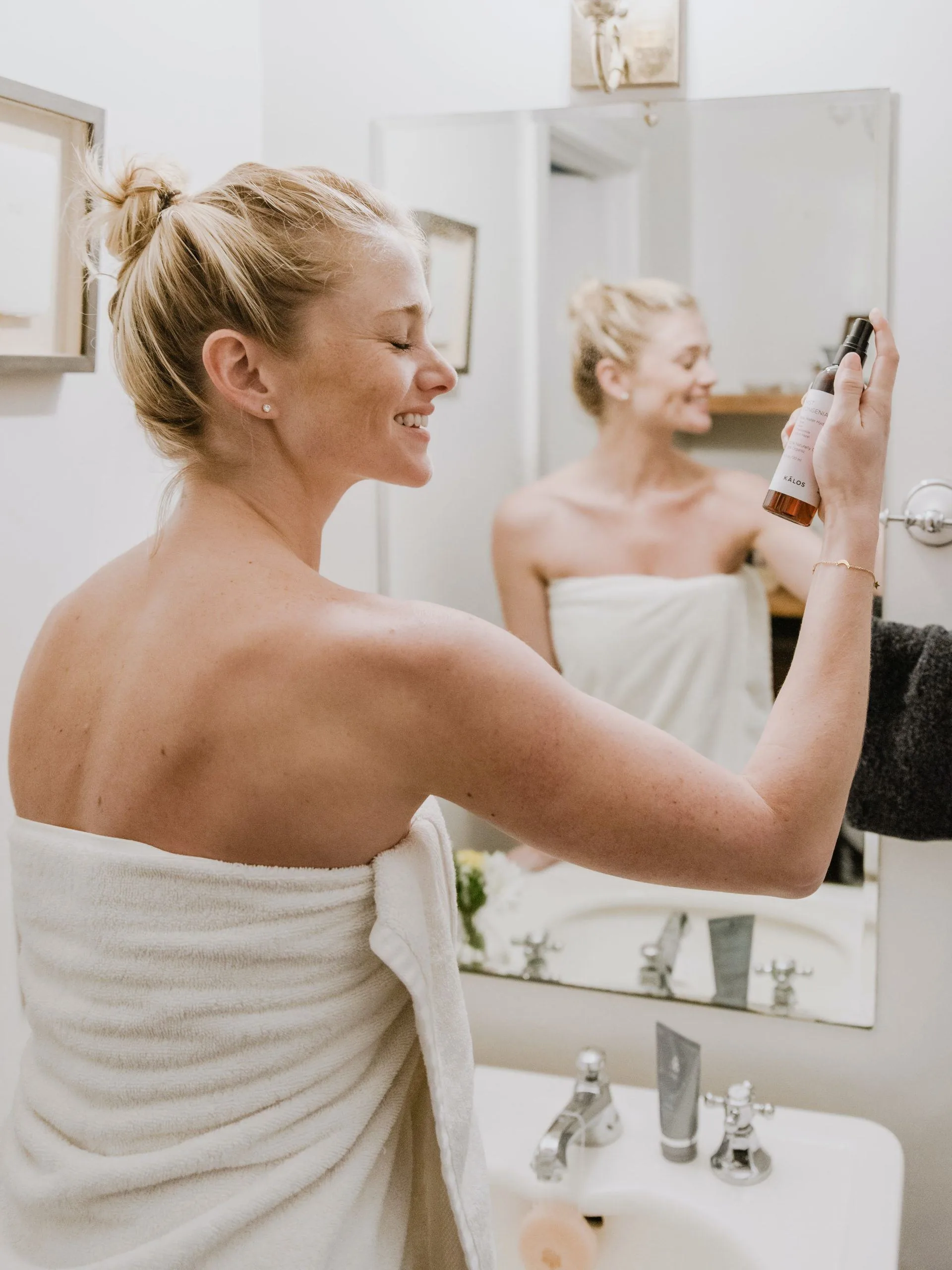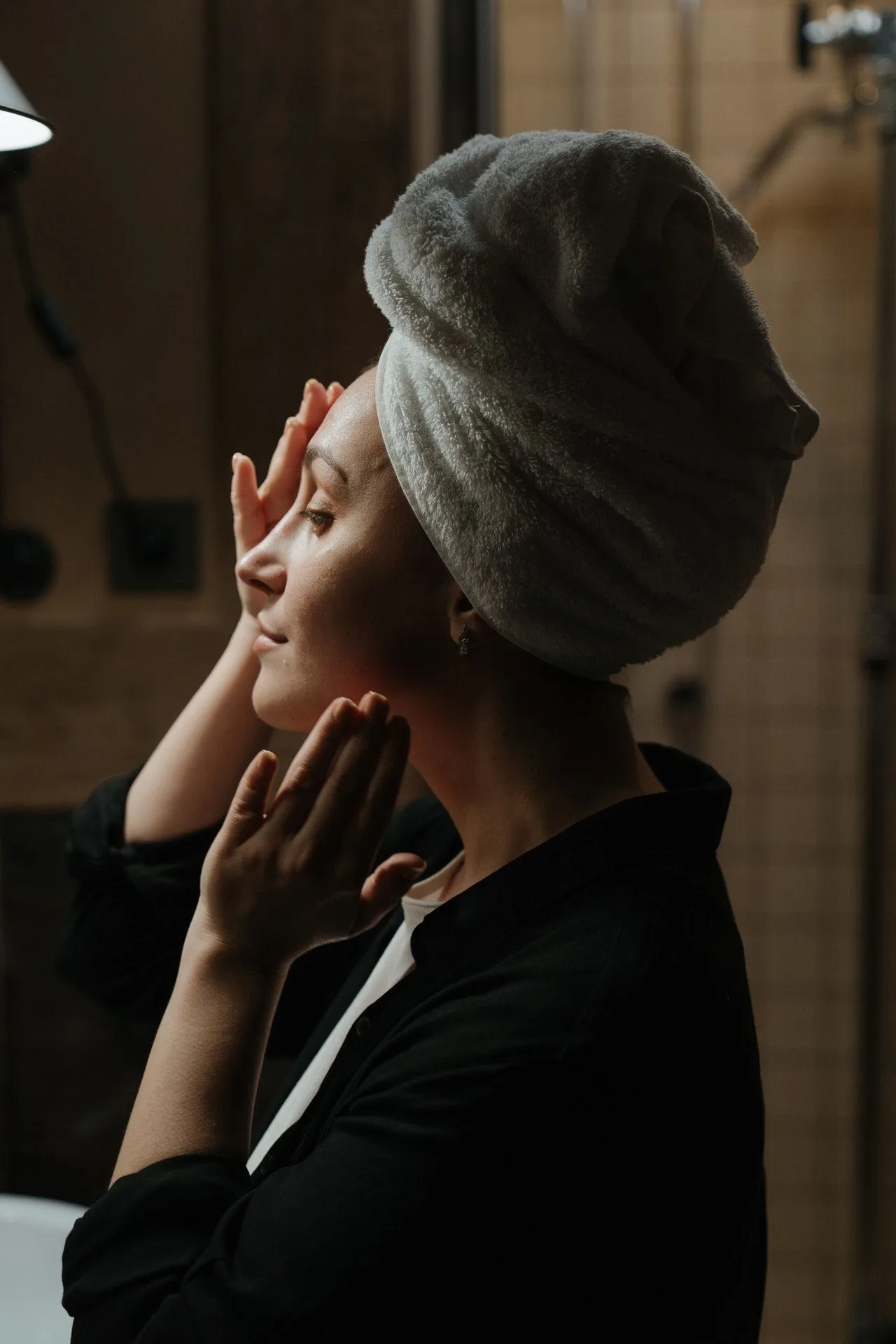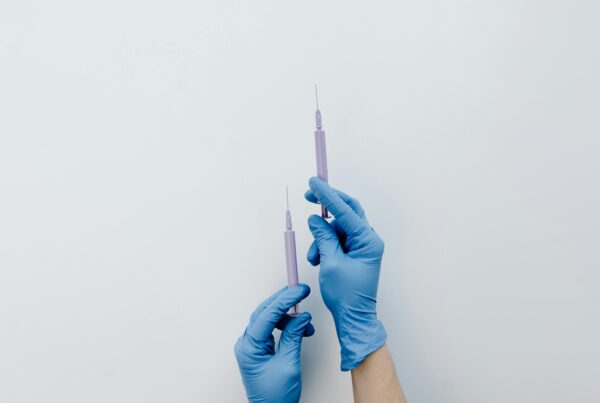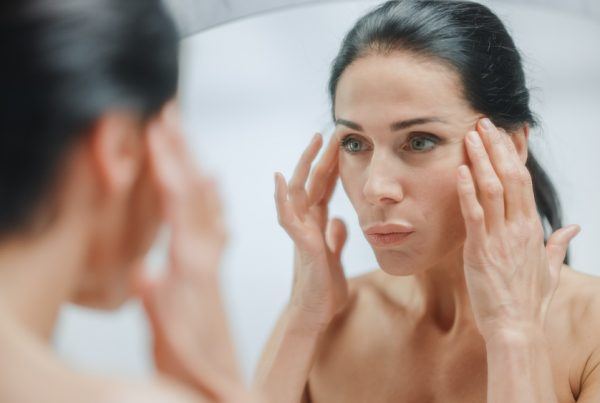Longevity Live Partner Content. Hormonal acne is a beacon for depression, and that is never a good look on anyone. It flaws you in ways that target both your skin and self-esteem. No matter how nice your outfit is, you never seem to look good enough because every gaze at your reflection is a stab at your self-confidence. Although hormonal acne, or just acne, to medical practitioners is most common among adolescents, this hormonal skin problem can plague almost anyone across different age barriers.
Research has revealed that an estimated 50% of women in their 20s are affected by breakouts. About 25% of women between ages 40 to 49 also experience acne. Both statistics are on a global scale, meaning that at this very moment, several million women the world over simultaneously have acne.
Fortunately, we can treat hormonal acne with the right tweaks to your skin care regimen and a proper combination of safe, tested medications. In the subsequent segments of this write-up, we shall cover the causes and symptoms of hormonal acne extensively, then go over some dermatologically tested and approved options for handling it. But first, what does hormonal acne mean?

Photo by Anthony Shkraba from Pexels
What is Hormonal Acne?
Hormonal acne is a skin disorder that mostly affects the T-zone (forehead, nose, and chin), cheeks, and along the jawline. The skin’s sebaceous glands become a little over-productive, drowning your pores and hair follicles in sebum (the oil that keeps your skin fresh and lubricated), causing them to clog up with dead skin cells.
Clogged pores and follicles make the environment that is your face ideal for acne-causing bacteria known as Propionibacterium acne.
Hormonal acne causes skin blemishes that can appear in the form of blackheads, whiteheads, or cysts. Cysts are the most serious form of hormonal acne, and traditional OTC and topical treatments don’t work because they form underneath the skin’s surface, where these treatments cannot penetrate.
Why do I have hormonal acne?
Hormonal fluctuations and influxes cause an increase in sebum production which leads to hormonal acne. These influxes are attributed to an increase in androgen (male sex hormones like testosterone) levels within the body system. A few factors could be responsible for the induction of hormonal imbalance in adult women, and they include:
- Menstruation
- Pregnancy
- Polycystic Ovarian Syndrome (PCOS)
- Menopause
How hormones contribute to acne formation
The major contributory factor behind hormonal acne is the androgen hormone testosterone.
In women, hormonal changes associated with menstruation and pregnancy are the norm. During these periods, the body sees an elevated production level of androgens. If one has a genetic susceptibility to testosterone, hormonal acne is likely to occur.
Hormonal Acne and Menopause
Menopause typically starts in a woman when her reproductive hormone production begins to naturally decline, resulting in a diminution in estrogen levels or a boost in testosterone levels. In some women, this slight change in hormonal levels initiates menopausal acne.
Most women enter menopause in their early 40s to mid-50s, and within this period, there’s a dip in estrogenic hormone levels. This dip causes the glands to manufacture more sebum.

Photo by Kalos Skincare on Unsplash
Women undergoing hormone replacement therapy (HRT) aren’t off the hook, either. The introduction of a foreign and synthetic hormone, progestin, in the body to replace depleted estrogen and progesterone can cause your skin to react and have breakouts.
Most of the time, though, cases of menopausal hormonal acne are mild to moderate and easily rid of using natural or over-the-counter treatments and medications.
Hormonal acne symptoms and severity
Hormonal acne has three classifications according to its degree of graveness. Acne is either mild, moderate, or severe.
- Mild acne often comes out as blackheads and whiteheads. They usually don’t require medical attention and rarely exceed 30 comedones (nonsuppurative blackheads and whiteheads), papules, and pustules (suppurative pimples).
- Moderate acne is slightly more serious, characterized by both inflamed and non-inflamed lesions. Papules, pustules and comedones range from 25 to 100.
- Severe acne involves a densely outspread variety of painful, inflamed lesions, pustules, and cysts, some of which can cause scarring. Severe hormonal acne is the most serious form of acne, and it has a heavy impact on a person’s visual aspect and self-esteem. Prescription treatment is required to tackle this class of acne.
Treating your hormonal skin troubles
Thankfully, hormonal acne is very much treatable regardless of severity. Available treatment options are varied and dependent on the acne’s severity. With the help of expert opinions provided by accomplished dermatologists, we have put together a selection of tested treatments and lifestyle adjustments to eliminate even the most refractory cases of hormonal acne.
These real-world applied and free self-care ideas and tips will improve mild to moderate acne, or at least prevent its worsening. You should also follow these hygienic tips as a preventive measure after treatment.
- Refrain from using makeup. Yeah, it’s scary. Trust me, I know, but it’s in your skin’s best interest. If you have to, opt for water-based and non-comedogenic brands. Be sure to use it frugally.
- Use mild soaps or facial cleansers. Wash gently twice a day or after sweating.
- DO NOT pick at, scratch, or scrape your zits. Doing so will expose your pores to bacteria, worsen your acne, and likely cause inflammation.
- Harsh scrubs and exfoliants are a no-go during an acne outbreak.
- Hot and humid weather causes excessive sweating that can worsen your acne. Spend as little time as possible outdoors during days like this.
- Take a shower right after a workout session to get all that sweat out of your skin.
Before we delve into hormonal acne treatment options, please note that there is no magic fix. These treatments have positive reviews, but it could take several weeks for results to become visible. That said, let’s get to it!
For mild acne: topical treatments
Mild acne doesn’t need special attention to treat. Under normal circumstances, the tips above should be enough to control it. For cleansing, use an antibacterial face wash.
Topical OTC remedies containing benzoyl peroxide and salicylic acid are gentle yet effective methods to treat a mild case of acne. Benzoyl peroxide attacks the bacteria while salicylic acid keeps your pores clean.
Retinoids and retinol serum also work great for mild to moderate hormonal acne. They are both derivatives of vitamin A and work by speeding up the rate of your skin’s growth, promoting faster cell turnover. This way, dead skin cells are flushed, and inflammation reduces drastically. Retinoids also stimulate collagen replacement. Tretinoin is a well-known topical retinoid.
When using topical treatments, limit your skin’s exposure to UV light, as it increases the risk of getting a sunburn. Always keep a broad-spectrum, SPF-30, or higher sunscreen within arm’s reach. Even when not on topical treatments, sunscreen always comes in handy during the day.
Moderate to severe hormonal acne
These are more stubborn forms of acne that are liable to cause some scarring. Healthcare specialists often prescribe a combination of oral and topical treatments to regulate moderate and severe acne.

Photo by Kayla Farmer on Unsplash
Oral Treatments
Antibiotics
These drugs battle bacterial infections and can be very potent against moderate to severe cases. Antibiotics and retinoids combined can make quite the acne-fighting TagTeam. Examples include tetracycline, erythromycin, clindamycin, and doxycycline.
In the most severe hormonal acne cases where antibiotics and topical products can’t correct, the oral medications below are better suited for the job as they are far more powerful.
Isotretinoin:
A vitamin A derivative is like tretinoin but is more powerful.
Spironolactone
Trusted for over 3 decades in treating acne, spironolactone is an androgen receptor blocker that reduces sebum production in the glands. The drug is effective at doses of between 25mg and 50mg twice daily.
If you are sexually active, it is crucial to use highly effective birth control methods, because pregnancy is not an option during the treatment phase. Isotretinoin and spironolactone are drugs that potentially cause grave fatal flaws.
Other natural OTC alternatives and remedies include the use of acne-fighting vitamins and minerals topically and orally. These acne-fighting nutrients include vitamins A, C, D, zinc, and biotin.
Vitamins A and C
Both have incredible anti-inflammatory properties which reduce the size and redness of existing pimples and help reduce the effect of acne wounds and scarring. Vitamin A also boosts skin cell turnover and its antioxidants help rid the skin of harmful free radicals. The effects of vitamin A and C on hormonal acne are best observed when used topically.
Vitamin D
Is an immune support vitamin with antimicrobial properties, like vitamin A, that helps fight the bacterial effects of acne on the skin.
Zinc is a natural DHT blocker. This means that in addition to maintaining an epidermal balance of collagen and keratin, zinc also helps reduce the production of sebum in the skin, according to this review.
The reduced production of oil and consequent reduction in keratinocytes help to reduce blocked pores and clear up acne over time. Since zinc is also good for wound healing, it could help with inflammation, redness, and scarring.
Some parties are of the mind that biotin may be a trigger for acne in some cases, but in reality, there is very minimal evidence backing this theory. On the contrary, biotin and collagen supplements are known to have a positive impact on the skin, especially when inculcated into a skincare routine.
Biotin and collagen may help improve comedones (whiteheads and blackheads) and control the flaking and irritation that sometimes occur with the use of retinoids.
Wells has supplements that blend these acne-battling nutrients in proportions that would be most beneficial to the body. Take a look at some of these products here.
Conclusion
With these treatments, your hormonal acne is unlikely to persist. Discuss these options with your dermatologist to fix up a regimen specific to your needs.







![women [longevity live]](https://longevitylive.com/wp-content/uploads/2020/01/photo-of-women-walking-down-the-street-1116984-100x100.jpg)










